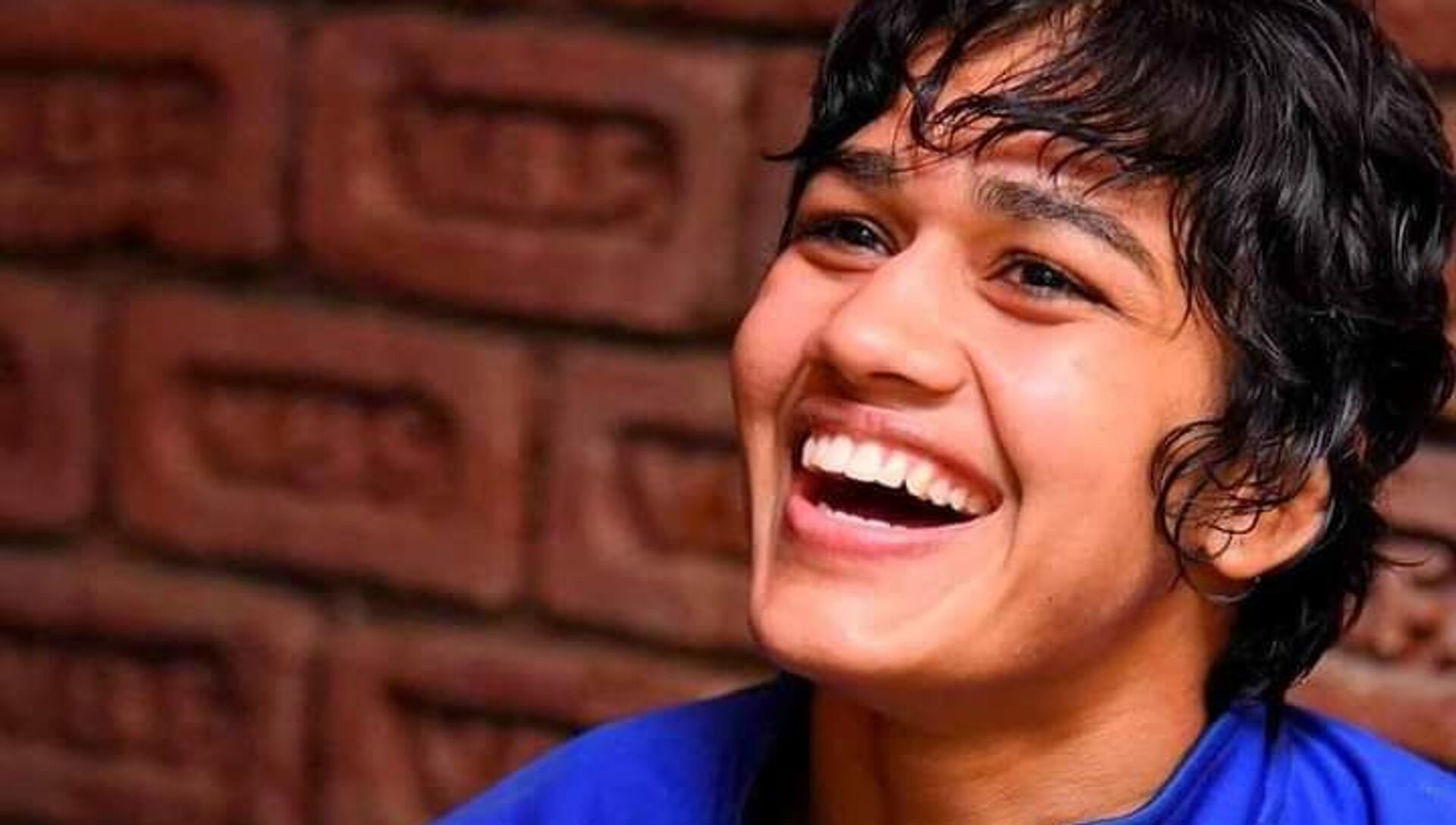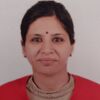Babita Kumari Phogat donned her shorts and entered the Indian wrestling ring in a society where women were compelled to keep their face covered in a "ghoongat" (veil), according to local tradition. Her struggle and success story has even been turned into a Bollywood blockbuster film called “Dangal”, making her a symbol of hope to girls in Haryana state.
Babita Phogat wanted to avoid the usual fate of being which befalls most women in her society of being confined to the kitchen and her sheer grit and determination, in the face of considerable opposition has now made her a role model.
In an interview with Sputnik, she revealed that the village women who were once her harshest critics are now her biggest admirers. Excerpts:
Sputnik: How did your fellow villagers react when you first took to wrestling?
Babita Phogat: I was around 10 years old in 2000 when I entered the wrestling ring. Back then I only used to hear bitter criticism from everyone around when I used to practise. Young girls were married off at a very early age then, and girls were hardly given any credible education.
Women would come to my home to protest and tell my parents that if I wore shorts that showed off my body, no one would marry me. They said it was against our culture for girls to practise with boys. Even stepping out of the house to study was unheard of for girls, and no one had ventured into a sport that was purely dominated by men.
Sputnik: How has your family helped you shape your career?
Babita Phogat: I am eternally grateful to my parents for giving me unwavering support. My mother, though she herself remained in the veil most of her life, encouraged me to practise wrestling. She took a stand for me and would argue with all my critics.
My father was a wrestler himself and he was determined not to differentiate between girls and boys. He treated us as his sons. So, he trained me and my sisters in wrestling, acted as our coach and would make us practise hard.
Sputnik: What were the high points in your career and family?
Babita Phogat: The peak point of success for my family was when my elder sister Geeta Phogat won India's first gold medal in wrestling at the 2010 Commonwealth Games. She also became the first Indian female wrestler to have qualified for the Olympic Summer Games.
For me, success came when I won the gold medal in the 2014 Commonwealth Games. Before that I had won a bronze medal at the 2012 World Wrestling Championships. In 2018, I won a silver medal at Commonwealth Games.
Sputnik: Your life has inspired a Bollywood blockbuster movie ‘Dangal’. Tell us about it.
Babita Phogat: It was really thrilling when Indian actor Aamir Khan chose to make a film based on our family. He himself played the role of my father, Mahavir Singh, who coached his daughters despite social disapproval and overcame all odds to see his daughters win accolades for the country. It was a great joy that the film did so well.
Sputnik: What is the social set up in the villages for girls and how do you propose to effect change?
Babita Phogat: There is a very strong preference for sons in our villages. Ironically, it is the women - the grandmother and the mother herself - who in general hope that the first born is a boy.
Women go to great lengths to ensure this, using diagnostic techniques such as ultrasound scans to determine the sex of the baby. If it is a girl, they often opt for an abortion.
I always tell women that had my mother not given birth to me, I would not have been able to do anything for my country.
I regularly participate in motivational programmes to deliver this message. I have recently been appointed to chair the Haryana Mahila Vikas Nigam (Haryana Women Development Board) and will launch projects to protect female foetuses and baby girls.





